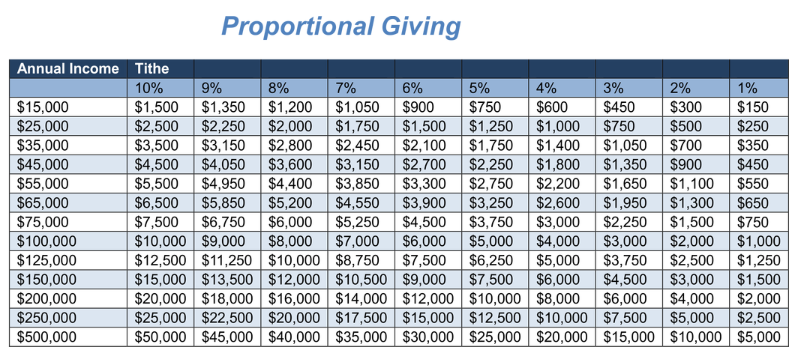Dear Bellaire UMC Family,
The past four months have been remarkable. Friends, you are a resilient, God-loving, faithful people who have chosen to look forward instead of living in the past. You have remained consistent during an unusual season of pastoral transition for United Methodists. You have not only welcomed me, you have welcomed my family and for this I am extremely grateful.
In a short time together, I have watched your tenacity through hurricane Beryl. You rolled up your sleeves and helped family and neighbors in a time of need. BUMC Vacation Bible School is unquestionably one of the most joyful events of the year. It’s a very exciting time when every generation invests deeply to minister to our youngest followers of Christ. As God’s Family served each other this year, we saw lives (in every generation) transformed for Christ. I saw you pack the pews to celebrate the work of education in our society at Blessing of the Backpacks. We continue to pray for the Lord’s guidance this school year. We broke bread together with the Family Dinner in August and returned to the Fellowship Hall in September to study how to live a Life in Rhythm.
Between big events, I have seen deep compassion for a sister in need, and a person physically healed from sickness because God’s people prayed. You have shown extreme generosity when no one else was looking. You are devout in worship and the Spirit of the Lord ministers to each of us on Sunday mornings. I’ve seen people forgive one another and lay their burdens at the foot of the Cross. And I’m watching the obedient wait faithfully for the Lord’s timing in critical circumstances.
The Lord has done beautiful things at Bellaire UMC through you. This type of Christian community is destined to thrive and I can’t wait to see how God is going to bless this church in 2025. Please pay close attention over the next few weeks as we lay out financial needs and dreams. You have been impressively faithful in your pledged giving through this year, even with the pastoral transition. What many do not realize, is that we are still paying off the note for all of the remodeling done in 2020. The current note balance is $1.3 million. To put it simply, we pay $10,000 per month toward the debt reduction. Because you are already generous in giving to the operating budget we have met our current expenditures but will still have a $40,000 deficit this year. The previous building campaign was very successful, but the commitment for paying those pledges has ended.
Instead of allowing this to be an albatross around the neck of the church, let’s be responsible stewards of all our blessings and handle the debt so that BUMC will thrive in the very bright future. Yes, this is a tall ask – but instead of parsing out several requests right after each other, we are laying all the cards on the table during this campaign and asking you to reach for Higher Things. Enclosed with this letter you will find your 2025 Commitment Card. Pledge Sunday is November 17. Let’s pray together, worship together, and give together. If you commit to meeting the 2025 operating budget and pledge extra toward the building debt, just think of all the Lord can do with the overflow!
The Spirit of the Lord is doing a fresh work at Bellaire UMC. Let’s make sure we are free to follow with joyful obedience – not looking back, but only ahead for the glory of God and transformation of the world!
Your Grateful Pastor,
Betsy




